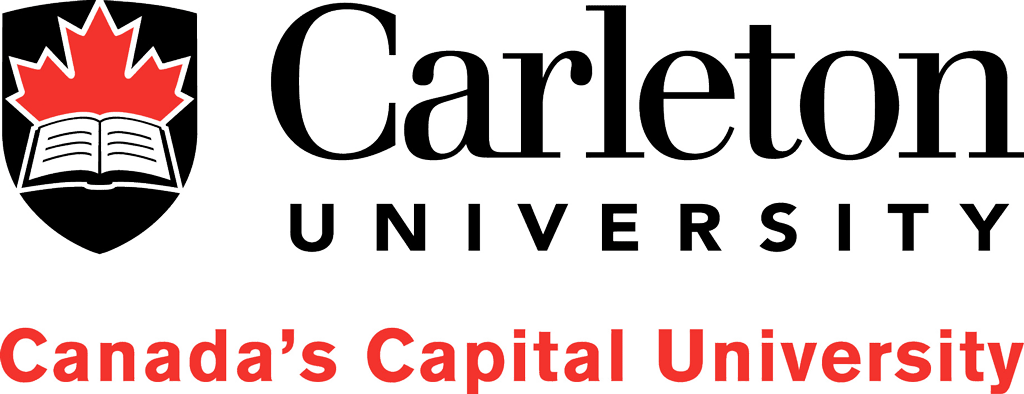0.
Understanding
Objectives
|
An institution must demonstrate that graduates of its
programs possess the attributes described below. In addition, the institution
must implement and employ processes to demonstrate that program outcomes are
being assessed in the context of these attributes, and that the results of such
assessments will be applied to the further development of programs. The
graduate attributes are:
- A
knowledge base for engineering: Demonstrated competence in
university level mathematics, natural sciences, engineering fundamentals,
and specialized engineering knowledge appropriate to the program.
- Problem
analysis: An ability to use appropriate knowledge and skills to
identify, formulate, analyze, and solve complex engineering problems in
order to reach substantiated conclusions.
- Investigation:
An ability to conduct investigations of complex problems by methods that
include appropriate experiments, analysis and interpretation of data, and
synthesis of information in order to reach valid conclusions.
- Design:
An ability to design solutions for complex, open-ended engineering
problems and to design systems, components or processes that meet specified
needs with appropriate attention to health and safety risks, applicable
standards, and economic, environmental, cultural and societal
considerations.
- Use
of engineering tools: An ability to create, select, apply, adapt, and
extend appropriate techniques, resources, and modern engineering tools to
a range of engineering activities, from simple to complex, with an
understanding of the associated limitations.
- Individual
and team work: An ability to work effectively as a member and leader
in teams, preferably in a multi-disciplinary setting.
- Communication
skills: An ability to communicate complex engineering concepts within
the profession and with society at large. Such ability includes reading,
writing, speaking and listening, and the ability to comprehend and write
effective reports and design documentation, and to give and effectively
respond to clear instructions.
- Professionalism:
An understanding of the roles and responsibilities of the professional
engineer in society, especially the primary role of protection of the
public and the public interest.
- Impact
of engineering on society and the environment: An ability to analyze
social and environmental aspects of engineering activities. Such ability
includes an understanding of the interactions that engineering has with
the economic, social, health, safety, legal, and cultural aspects of
society, the uncertainties in the prediction of such interactions; and the
concepts of sustainable design and development and environmental
stewardship.
- Ethics
and equity: An ability to apply professional ethics, accountability,
and equity.
- Economics
and project management: An ability to appropriately incorporate
economics and business practices including project, risk, and change
management into the practice of engineering and to understand their
limitations.
- Life-long
learning: An ability to identify and to address their own educational
needs in a changing world in ways sufficient to maintain their competence
and to allow them to contribute to the advancement of knowledge.
The projects courses (ELEC 4907, ELEC 4908, SREE 4907) score the following graduate attributes.
1.2 - Knowledge base: Basic Science - facts and skills (only for ELEC 4908)
3.1 - Investigation: Complex problem assessment
3.2 - Investigation: Design of experiment
3.3 - Investigation: Experimental procedure
3.4 - Investigation: Data reduction methods and results
3.5 - Investigation: Interpretation of data (synthesis) and discussion
4.1 - Design: Clear design goals
4.2 - Design: Detailed design specifications and requirements
4.4 - Design: Design solution(s)
4.5 - Design: Design implementation / task(s) definition
4.6 - Design: Alternate solution(s) definition
4.7 - Design: Evaluation based on engineering principles
5.1 - Use of engineering tools: Diagrams and engineering sketches
5.2 - Use of engineering tools: Document-processing and graphics packages
5.3 - Use of engineering tools: Tools for design, experimentation, simulation, visualization, and analysis
5.4 - Use of engineering tools: Information from relevant publications
5.5 - Use of engineering tools: Limitations of such tools and the assumptions inherent in their use
6.1 - Individual and team work: Personal and group time management
6.2 - Individual and team work: Group culture, group dynamics
6.3 - Individual and team work: Leadership: initiative and mentoring, areas of expertise, and interdisciplinary teams
7.1 - Communication skills: Instructions
7.2 - Communication skills: Professional documents: writing, design notes, drawings, attributions, and references
7.3 - Communication skills: Oral and written presentations
7.4 - Communication skills: Technical reading
7.5 - Communication skills: Note-taking skills
8.4 - Professionalism: Knowledge of professional certification requirements
8.6 - Professionalism: Health and safety at work (statutory and other)
8.8 - Professionalism: Code of ethics and protection of public interest
9.1 - Impact of engineering on society and the environment: The place of engineering in society
9.2 - Impact of engineering on society and the environment: Sustainable design; life-cycle planning
9.3 - Impact of engineering on society and the environment: Interactions (engineer with society and stakeholders)
9.4 - Impact of engineering on society and the environment: Health, safety, and risk
11.2 - Economics and project management: Engineering economics
11.4 - Economics and project management: Risk and change management
11.5 - Economics and project management: Project definition and management techniques
They are scored through the proposal, progress report, oral presentation, and final report.
|
Overview
|

